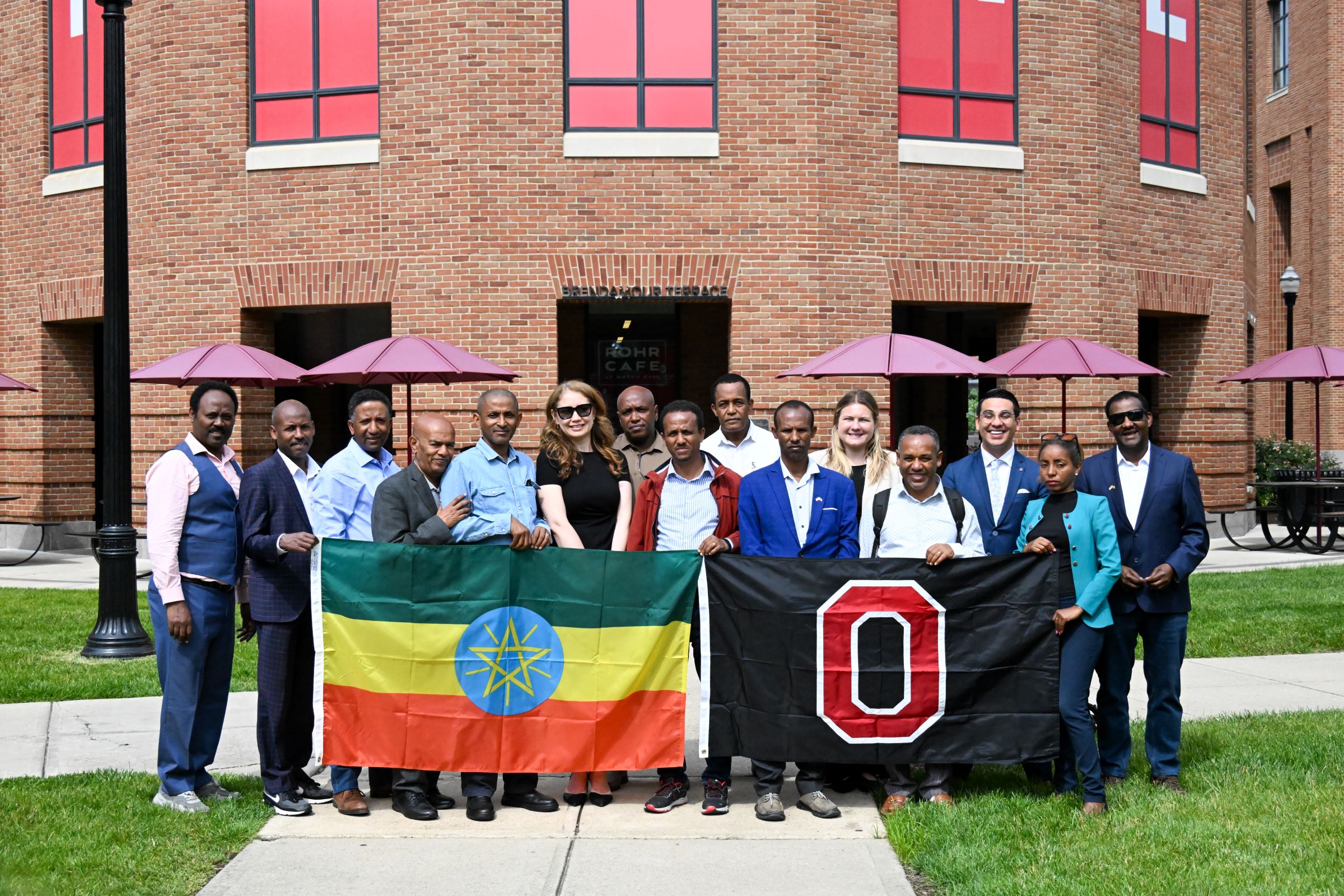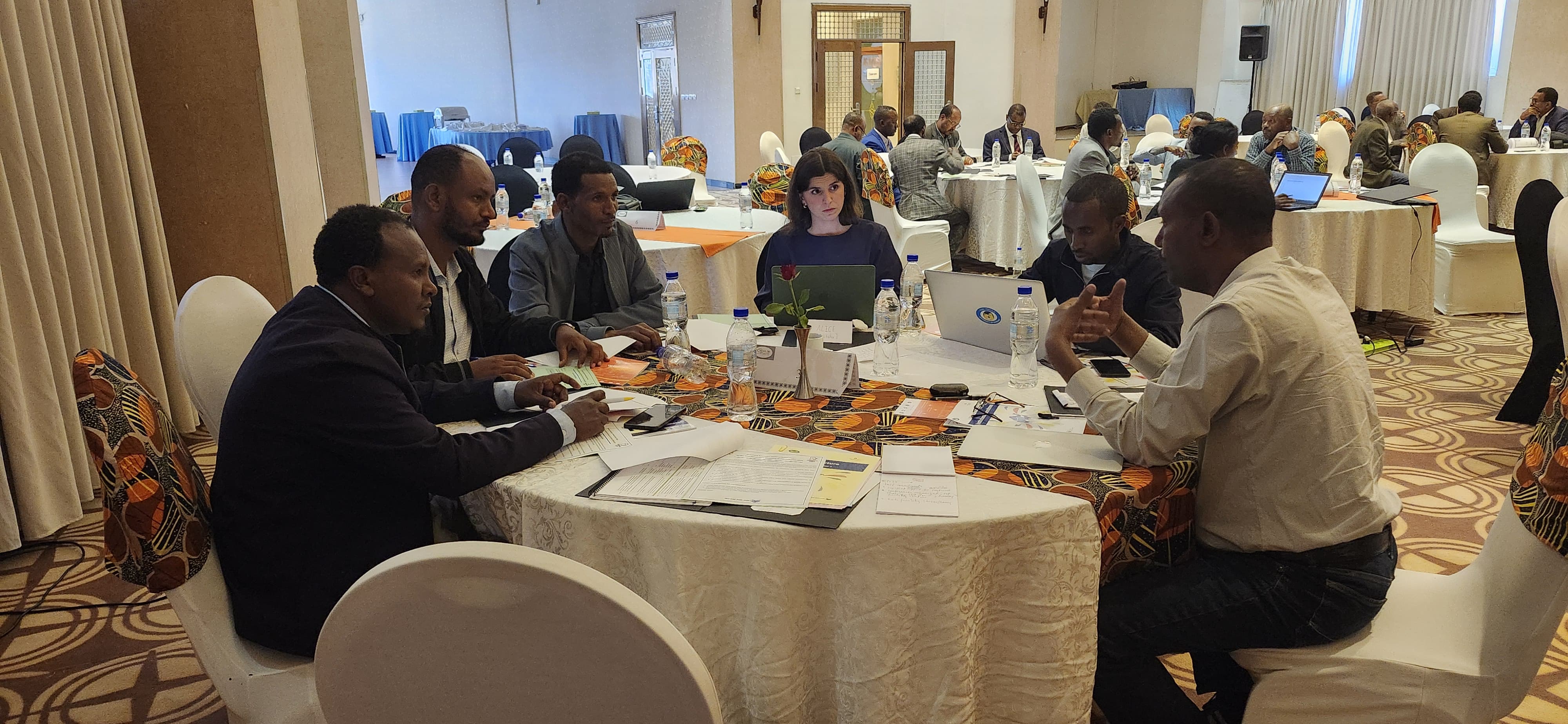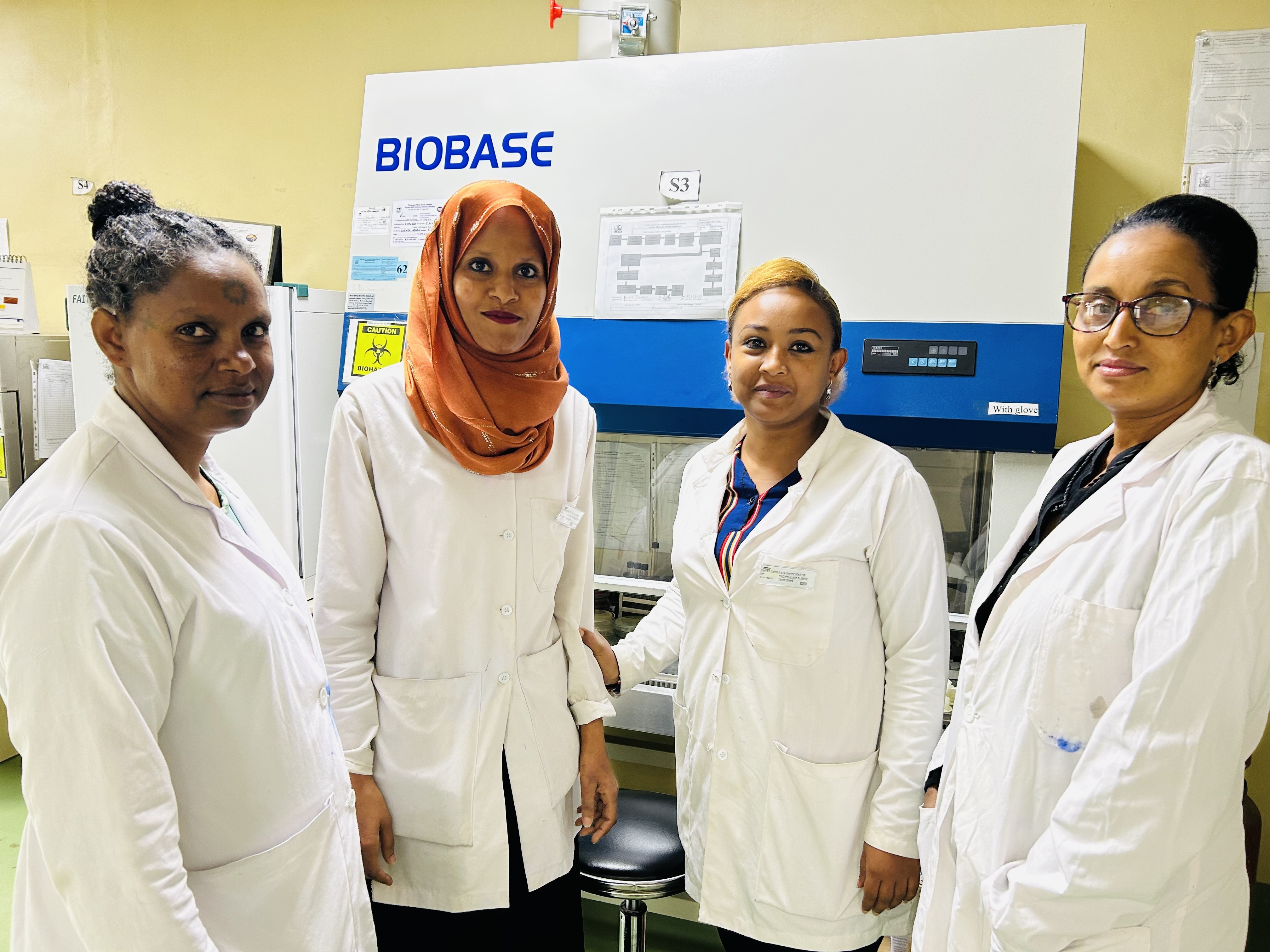Boosting data skills to analyze safety of medicines and vaccines
Nineteen specialists from Ethiopia’s Food and Drug Authority took part in a Global One Health Summer Institute workshop to learn how to better track and analyze the safety of medicines and vaccines.


